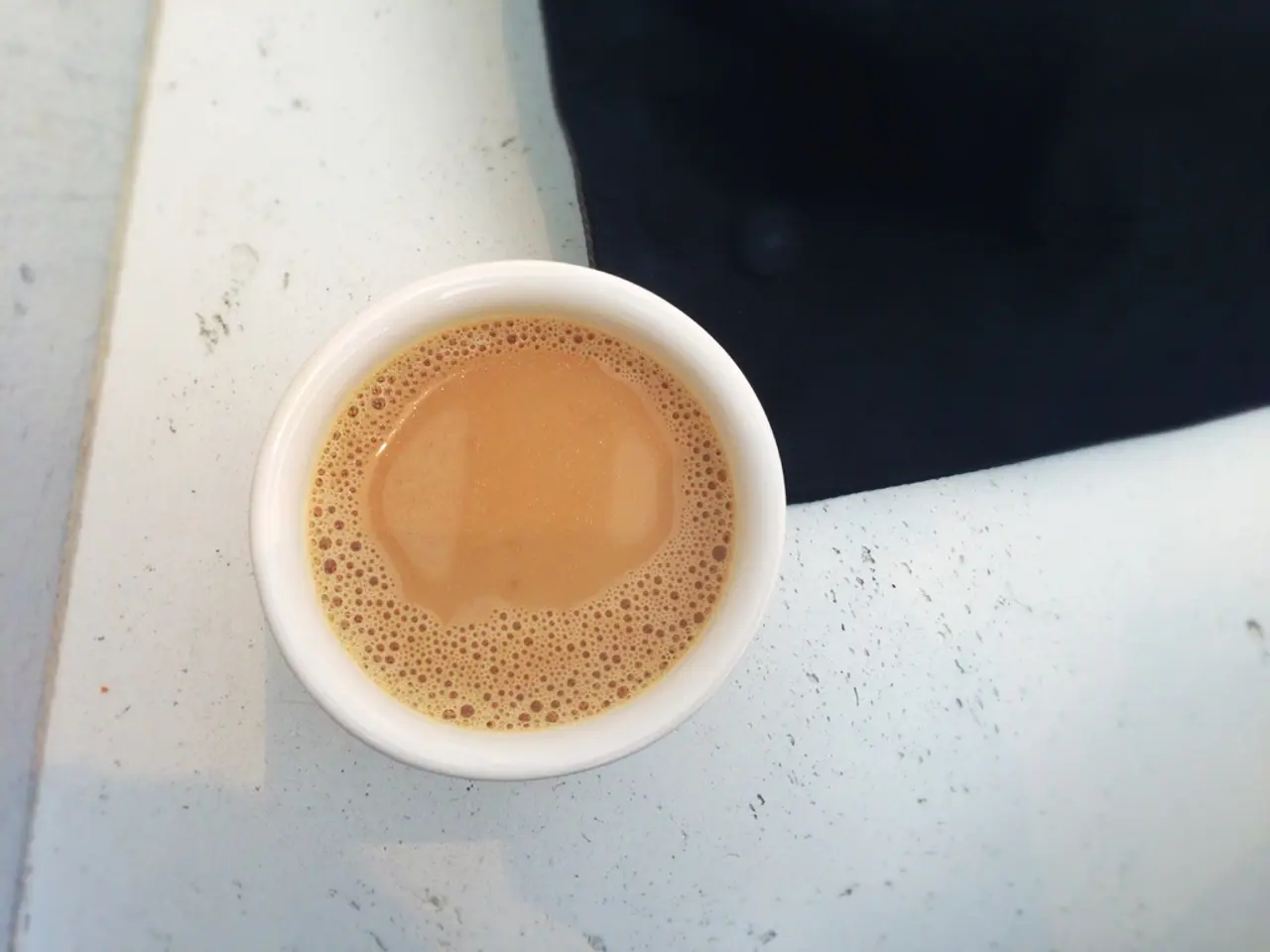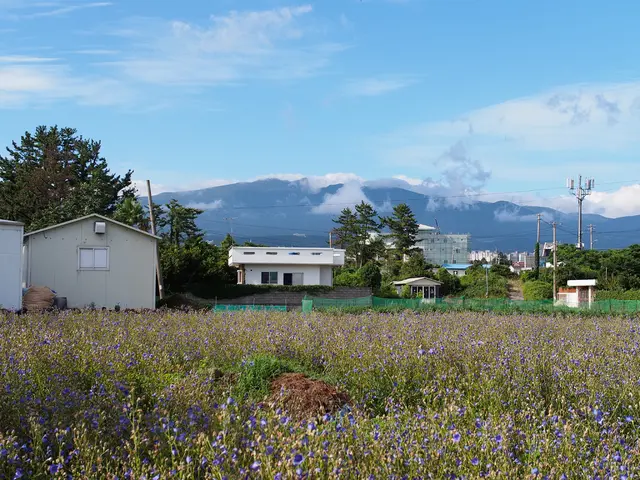Tea chain businesses from China continue to expand in South Korea
In the dynamic world of beverages, the landscape of Korea is witnessing a significant shift as Chinese milk tea chains make their mark. The surge of budget coffee chains like Mega Coffee and Compose Coffee has stalled growth for many beverage brands, including Gong Cha. Meanwhile, traditional Korean tea houses like Heuk Hwa Dang are also feeling the heat.
One of the most prominent newcomers is Chagee, a Nasdaq-listed company with a $6.2 billion valuation. Chagee, often referred to as "the Starbucks of tea," has rapidly scaled its business, boasting 6,700 outlets as of March. The company is planning to establish a joint venture in Korea, Chagee Korea, by the end of the year.
ChaPanda, another Chinese milk tea chain, entered Korea in February 2024. Known for turning the Hong Kong dessert mango pomelo saga into a beverage, ChaPanda is stepping up localization in Korea with a franchise system tailored to the market. After just one year, ChaPanda has reached 18 locations, nearly half of its entire overseas footprint.
Competition among these Chinese milk tea chains in Korea is expected to be fierce, with Chagee, Mixue, and ChaPanda already present, and Chagee's planned entry further intensifying the competition. Korean consumers, known for their trend-sensitivity and demanding nature, are considered a pivotal testing ground for the global ambitions of Chinese milk tea giants.
To appeal to younger consumers, Chinese milk tea brands position tea as a healthier base. Mixue, China's largest bubble tea brand, entered Seoul in 2022 and operates more than 10 outlets in student-heavy districts such as near Hongik and Chung-Ang universities. Mixue undercuts rivals by pricing its bubble tea drinks in the 3,000 won ($2.15) range, 1,000 to 2,000 won cheaper than competitors.
Heytea, another Chinese milk tea brand, entered Korea in March last year and has built a base of six shops in Seoul. Heytea has more than 4,000 stores worldwide and has expanded its overseas presence to over 100 outlets in a year.
The milk tea boom in Korea a few years ago has already fizzled out, but the arrival of new chains like Chagee, Mixue, and ChaPanda indicates a potential milk tea resurgence. Consumers, it seems, care less about a brand's origin and more about whether it delivers good value for money.
As full-scale franchise operations of Chinese milk tea brands in Korea are likely to take off within the next year or two, the Korean beverage market is gearing up for an exciting period of competition and innovation.






